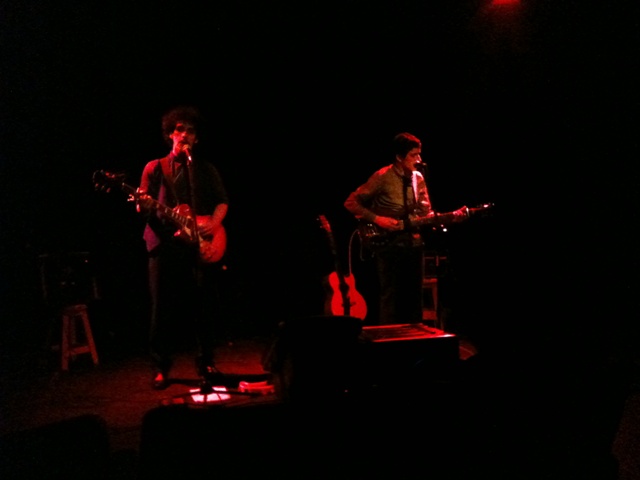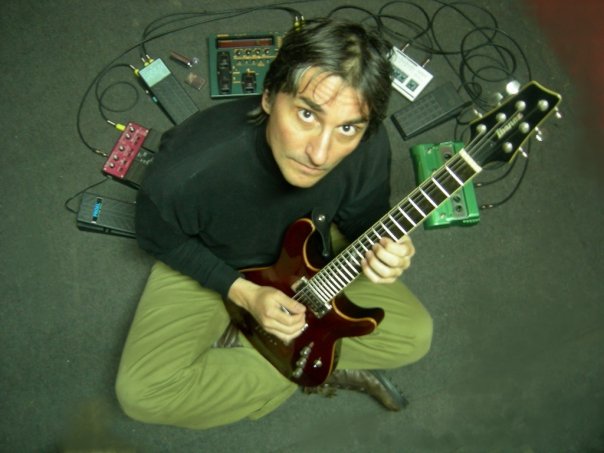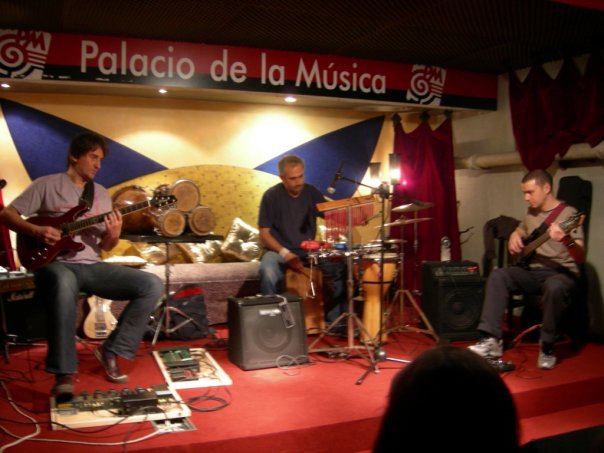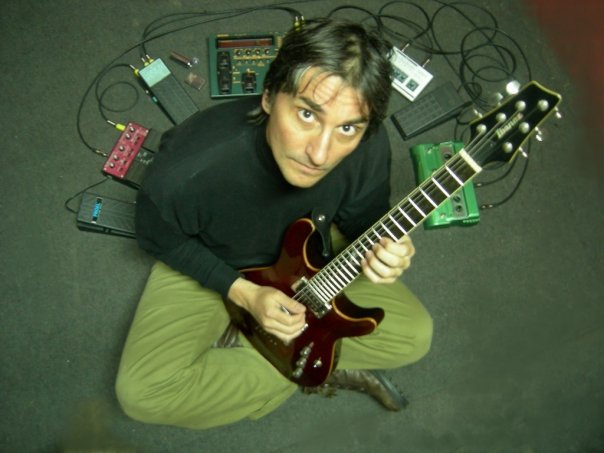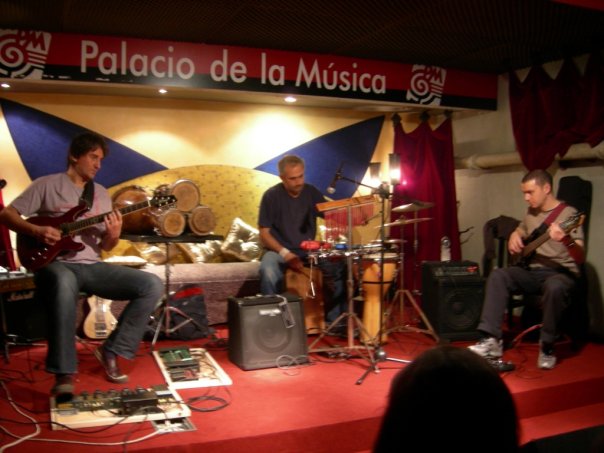October’s highlights included the release of Pablo Farago’s “Mantras” (a compilation of some of his finest work, as recorded over the past ten years), a post on electronic music pioneer Daphne Oram, and an article about the day Manhattan thought Radiohead would play a free concert. If anything, that post is worth a good look because it showcases how quickly a mere rumor can spread online nowadays, until everybody is repeating something that is plain wrong as if it were the gospel truth.
And as far as websites for music lovers were concerned, the startups I reviewed on October included ListnPlay, LyricStatus and MyDjSpace. And the one iPad app that I got to feature was WildChords, a game from these great folks at Ovelin that lets you learn to play the guitar. And by “great folks”, I mean it – just look at the interview they gave me! Thanks, guys!
And fans of Joy Division should check what happens when our favorite Mancunians meet some playmobil…
On November, I’m certain to review Vincent Vega’s self-debut album. I know them personally, I’ve been to a good couple of their shows, and I’ve pogoed with delirious abandon right at the front, along with the horde of misfits that follows them through light and shade.
Well, not really. They are an acoustic duo, and their live shows could perfectly be the recipient of a Nobel peace prize.
But I’ve been there, and I’ve greatly enjoyed their music throughout. I’ll be delighted to feature them on MusicKO this month. Check the blog later next week to read about them!

